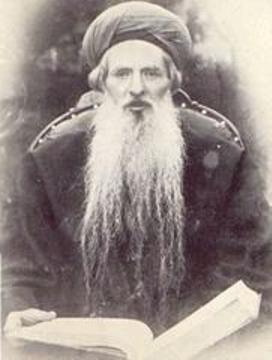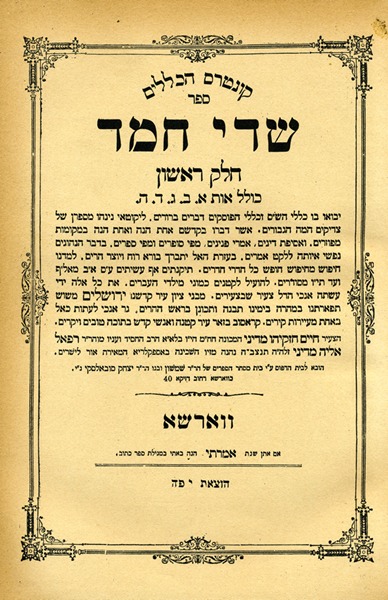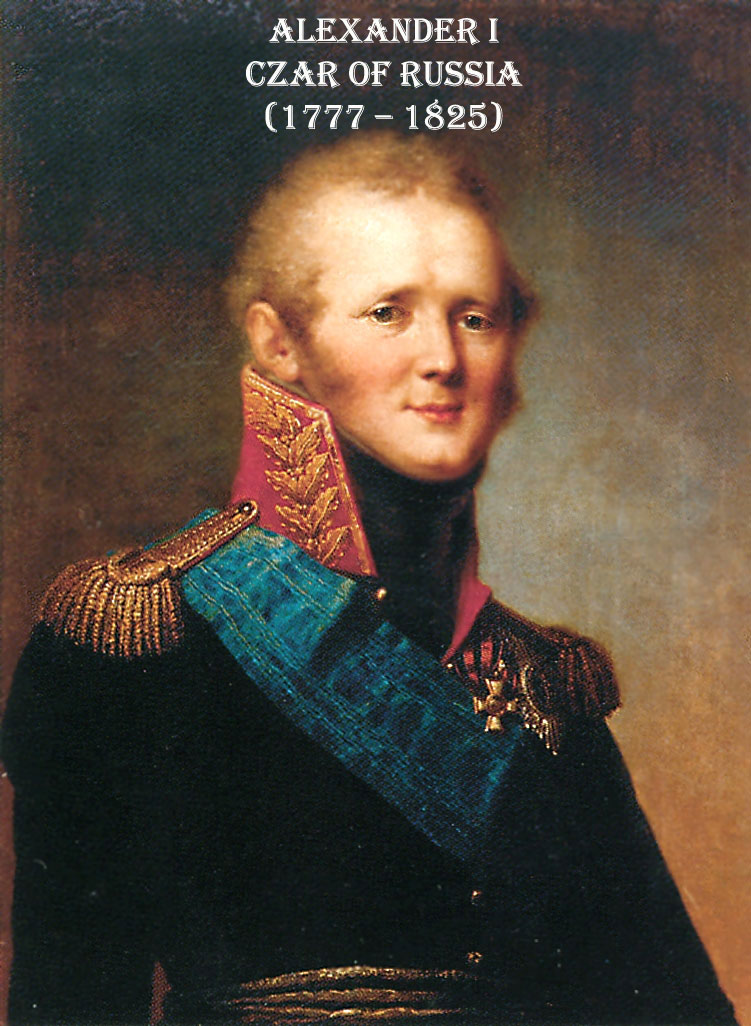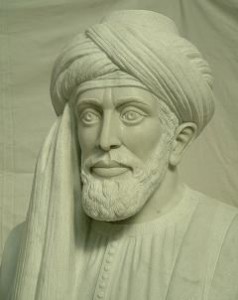
Rabbi Solomon ibn Gabirol was a Spanish Jew (he lived in the city ofSaragosa) born in approximately 1021 CE. He was orphaned at a very early age and died at an early age, perhaps 27 or 35.
He was a person of enormous intellect who combined within himself many different facets, including fluency in many languages: Latin, Greek, Arabic and Hebrew, as well as different dialects of what now is Spanish. He is considered one of the primary poets in Jewish history, and wrote them both in Arabic and Hebrew. His hundreds of poems cover all sorts of topics: weddings, nature, life, relationships, marriage, etc.
As reflected in his poetry, he had a very strong interest in philosophy, in particular Plato. This set him apart from the other Jewish philosophers of the times. In the medieval world philosophy held a very central role in the thought processes of civilization and religion – and Aristotle was not only held in the highest esteem, but his ideas were viewed as infallible. Although the non-Jews made Aristotle their measuring rod, among the Jews he was not quite as popular. Rabbi Saadiah Gaon, for instance, ignored Aristotelian philosophy. Rabbi Judah Halevi’s Kuzari was also non-Aristotelian. Likewise, Rabbi Solomon ibn Gabirol was non-Aristotelian.
He wrote a famous book in Hebrew called, “The Source of Life” (Mekor Chaim), which was translated into Latin (Fons Vitae) and Arabic. It was tremendously popular among the non-Jews, whereas the Jews largely ignored it.
The Crown of Sovereignty
What he is remembered for among the Jews is his religious poetry. There is one particular poem that stands out above the others, “The Crown of Sovereignty” (Keter Malchut). It is recited till today on Yom Kippurnight by Sephardic Jews.
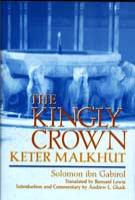
The poem, a few hundred stanzas long, is a magnificent description of God, man, the people of Israeland the Torah. Besides the imagery, rhyme and meter it is also a restatement of his philosophic viewpoint of the world and the Jewish people. It is the poem of Jewish literature. It expresses as no other poem the essence of the soul of the Jewish people and humanity.
In “The Crown of Sovereignty” ibn Gabirol describes how he prepares to appear before God for judgment. Metaphorically, he describes how he sets up his army, his defense: “I have established my battlefront and arranged my soldiers.” Then he describes how when he comes closer to the Day of Judgment he realizes that he cannot rely on his soldiers and his strategy may not work. In other words, he realizes the weaknesses of man.
The end is that he comes before God without anything. His army is dispersed. His weapons have fallen. His courage is gone. The true essence of a man is that as long as things go well we are very confident, but when they do not and we have to view the raw person of who we are it is not always a pretty picture. Psychologically, it is not easy to take a hard look at oneself in the mirror. One who is stripped of all defenses and illusions sees a different picture of himself.
“The Crown of Sovereignty” is a masterpiece of poetry without comparison. His remarkable breadth of knowledge, from the Talmud and philosophy is, is on display. How he describes the things that happen to us in life; the frustration and futility of death; the questions of Job, etc. It is a towering accomplishment. Unfortunately, it does not have the wide popularity that it should have.
Nevertheless, all later Jewish poets borrowed from ibn Gabirol – both his style and ideas.


